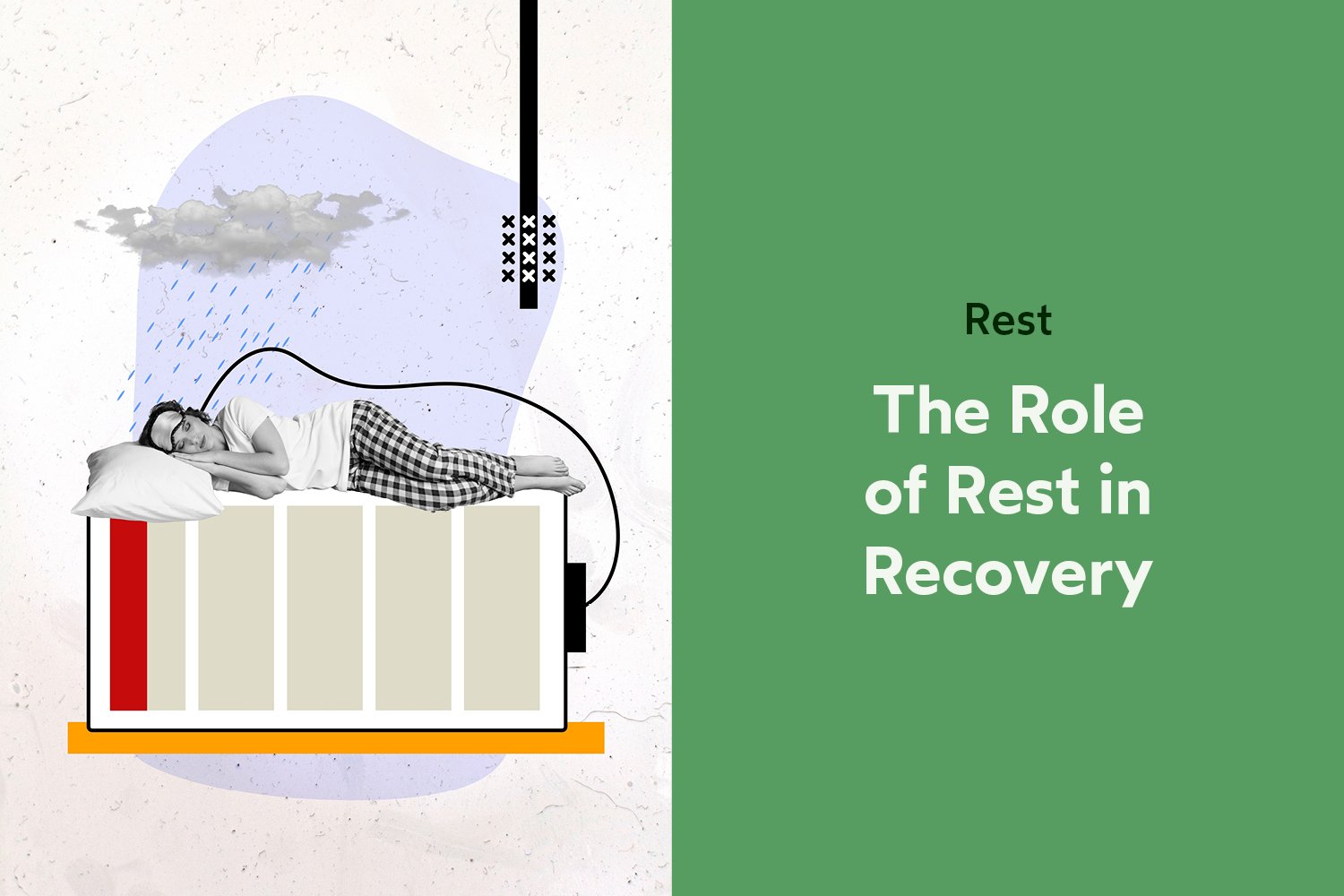New Chiropractic Patients

In a world that often values constant activity, rest can be misunderstood. It’s sometimes seen as lazy or unproductive, but during recovery, rest is far from a luxury. It’s a fundamental part of healing and overall well-being.
Permitting yourself to rest is one of the most supportive choices you can make when your body needs to repair and recover.
When you’re healing, there’s a time for progress and activity, and a time to pull back.
If you’re injured or unwell, your body requires energy to repair tissues, rebalance systems, and manage inflammation. Continuing to push through symptoms or ignoring the need for rest may delay healing and increase the risk of further strain.
Choosing to rest isn’t giving up; it’s an active step in your recovery.
Rest is more than just sleep, though good sleep is essential. It also includes quiet activities that help your nervous system settle and restore your mental and physical energy.
Some helpful approaches include:
These restful activities don’t just help in the moment; they support long-term resilience.
Your body often gives clear signs when it needs a break. Learning to recognise these signals early can help prevent exhaustion or flare-ups.
Watch for:
Responding to these signs early can help you rest before symptoms escalate.
Rest should not be something you only allow when completely worn out. Building it into your daily routine helps your body stay balanced and your energy remain steady.
You might try:
These small choices, repeated regularly, can make a meaningful difference.
Rest is not passive or unproductive; it’s a key part of how the body heals. By making time for it and recognising its importance, you’re actively supporting your recovery.
Slowing down allows your body the space it needs to repair, restore, and return to strength.